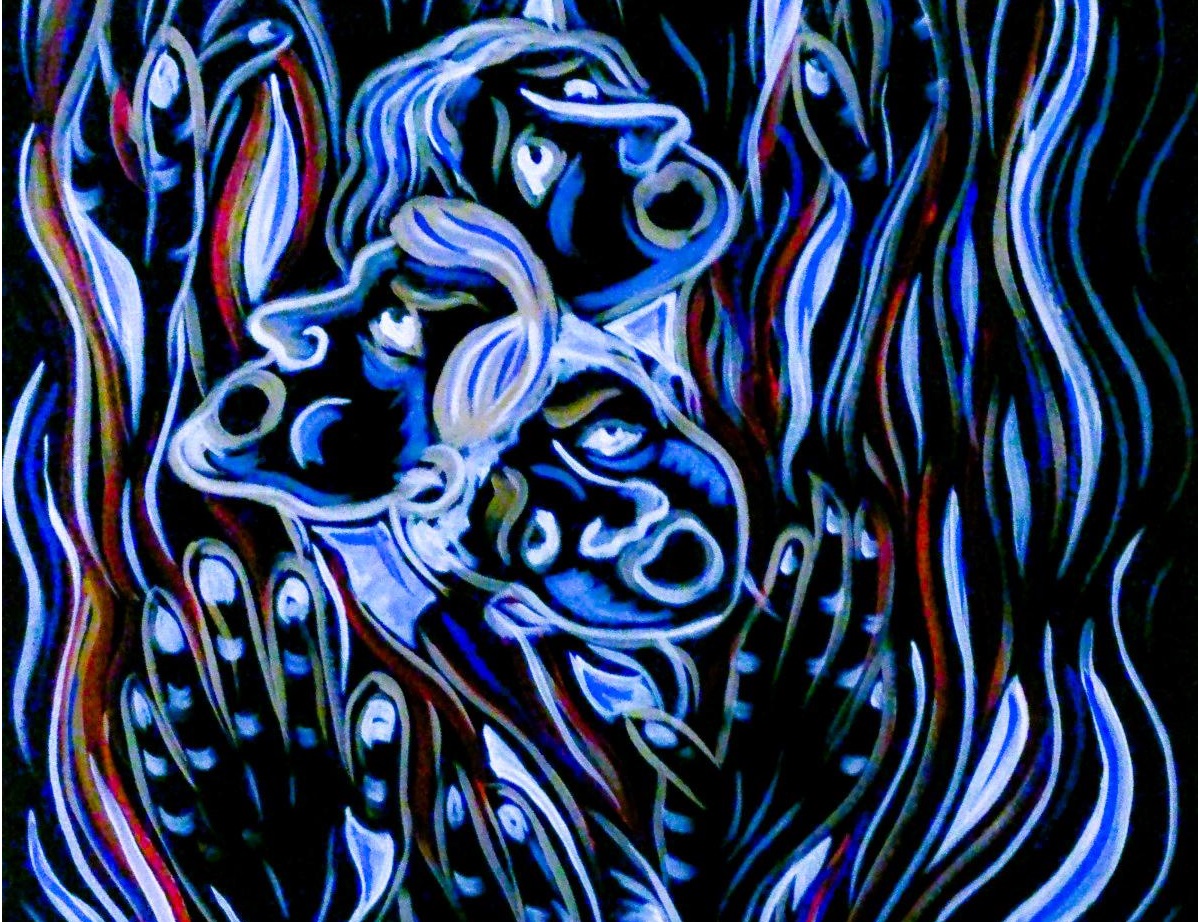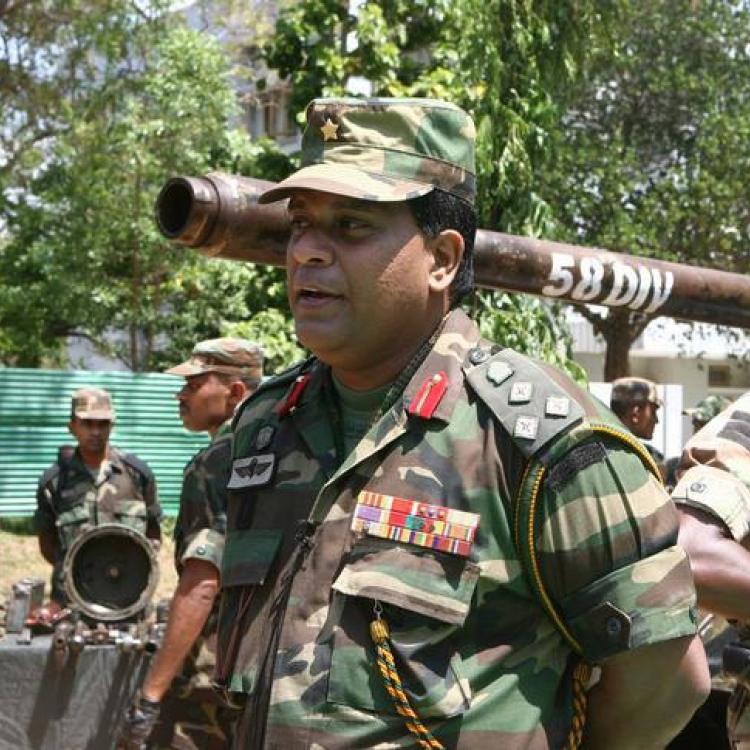
The United Kingdom's announcement of targeted sanctions on three senior Sri Lankan military commanders and a former paramilitary leader has been long-awaited. Shavendra Silva, Jagath Jayasuriya, Wasantha Karannagoda and Vinayagamoorthy Muralitharan, also known as Karuna Amman, have all committed serious human rights violations. Of that, there is ample evidence and absolutely no doubt. These sanctions, while limited in scope, are a positive initial step in the long road toward justice and accountability. But let us be clear — they are long overdue.
Nearly sixteen years after the Mullivaikkal genocide, when tens of thousands of Tamil were massacred by state forces, and after more than a decade of increasingly stale resolutions at the UN Human Rights Council, Britain is only now beginning to take concrete unilateral action. The sanctions are narrow, covering only travel bans and asset freezes, and they come far too late for the many Tamil families who have waited years for justice. Still, the move is significant, especially given the UK’s historic role in Sri Lanka and its ongoing ties with the island. More must follow.
In Sri Lanka, there has been a predictably furious reaction. Karannagoda, in a telling outburst, accused the British Prime Minister of using the issue for votes, while continuing to peddle tired conspiracies about the Tamil diaspora. Politicians, including Mahinda Rajapaksa who himself is sanctioned by Canada, have leapt to the defence of the commanders, demanding that the state protect those accused of some of the most heinous crimes in recent history. Given how the current government has been targeting Rajapaksa for his financial misdeeds, the accused war criminal may be wary that his record of mass atrocities may also come back to bite him.
However, the National People's Power (NPP) led government, when presented an opportunity to demonstrate its willingness to actually push forward an agenda of transparency and accountability, retreated to a diehard Sinhala nationalist position. Days after the sanctions were announced the Ministry of Foreign Affairs condemned the measures as “unilateral and unhelpful”. It comes after it once more rejected a UN resolution on accountability earlier this month.
This is precisely why so many Tamils have been wary of the Anura Kumara Dissanayake and his government’s promises of reform. While the NPP attempts to distinguish itself from previous regimes, its reluctance to meaningfully confront the persecution of Tamils is glaring. It is willing to confront corruption and financial crime, but remains silent on war crimes. It is willing to opportunistically pursue figures such as Ranil Wickremesinghe for the alleged torture of Sinhalese, but firmly stands behind figures such as Shavendra Silva for the massacre of Tamils.
It reinforces what Tamils have long known. No matter who is in power, Sri Lanka remains a state that rejects accountability, is riddled with impunity, and has Sinhala Buddhist nationalism flowing through every institution.
What this moment has shown, however, is that pointed international pressure works.
This was not just a repetition of the increasingly mundane resolutions in Geneva, that are being easily shrugged off and pushed further afield. Even this limited set of sanctions, tightly focused on just four individuals, has shaken the Sri Lankan establishment. From press conferences in Colombo to coordinated backlash from politicians and military loyalists, it is clear that international perception still matters deeply to the Sri Lankan political class.
This offers a clear lesson: stronger, wider, and sustained international action is the only way to force change. The UK, given its colonial legacy and deep ties with Sri Lanka, is particularly well positioned to lead. Even at this late stage, the decision to sanction these individuals has demonstrated more genuine commitment to accountability than years of empty rhetoric and "constructive engagement". Britain must go further, extending sanctions, pushing for international accountability at the International Criminal Court (ICC), and ensuring those accused of crimes are finally brought before a tribunal.
Sri Lanka remains a pariah state, unwilling and incapable of genuine reform. Its institutions are fundamentally shaped by impunity, and it continues to celebrate war criminals rather than prosecute them. The path to accountability will not come from within. It must be forged through sustained international action — through sanctions, prosecutions, and an international tribunal that will finally force justice to be delivered.
The UK’s move must mark a new chapter, not the end, of international efforts.

